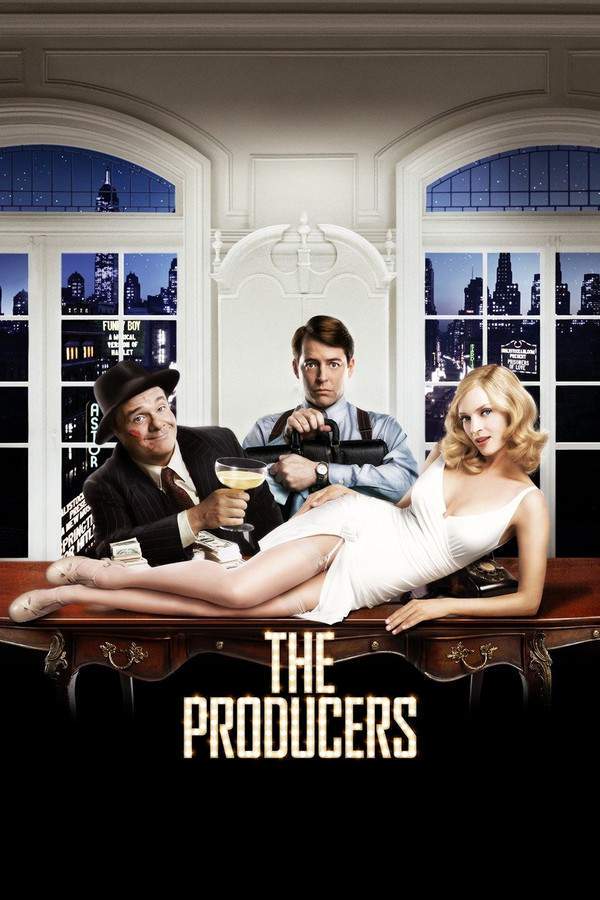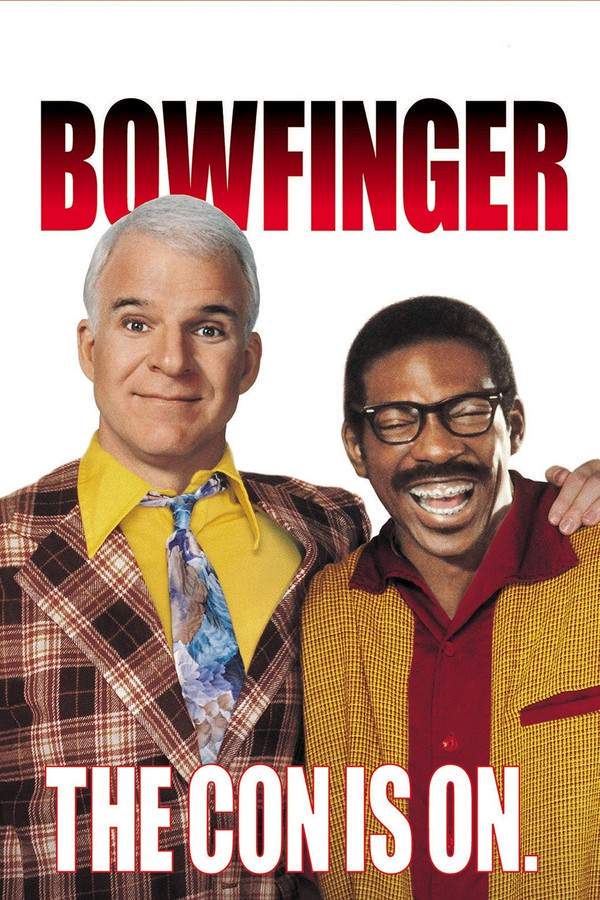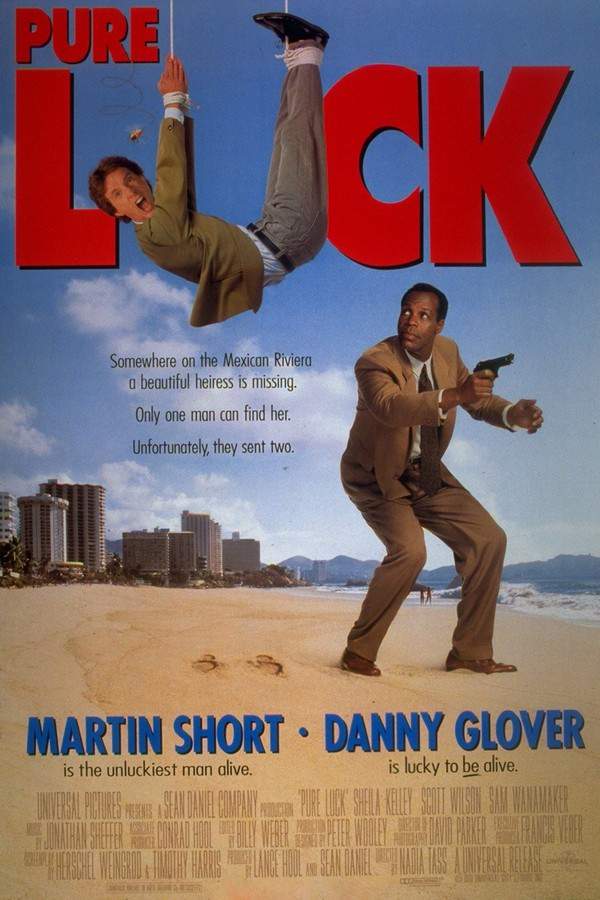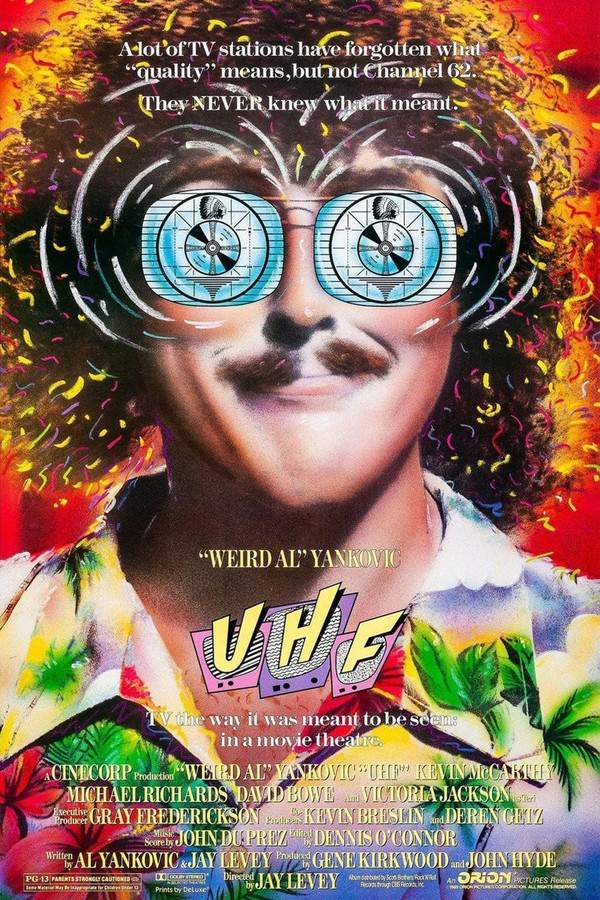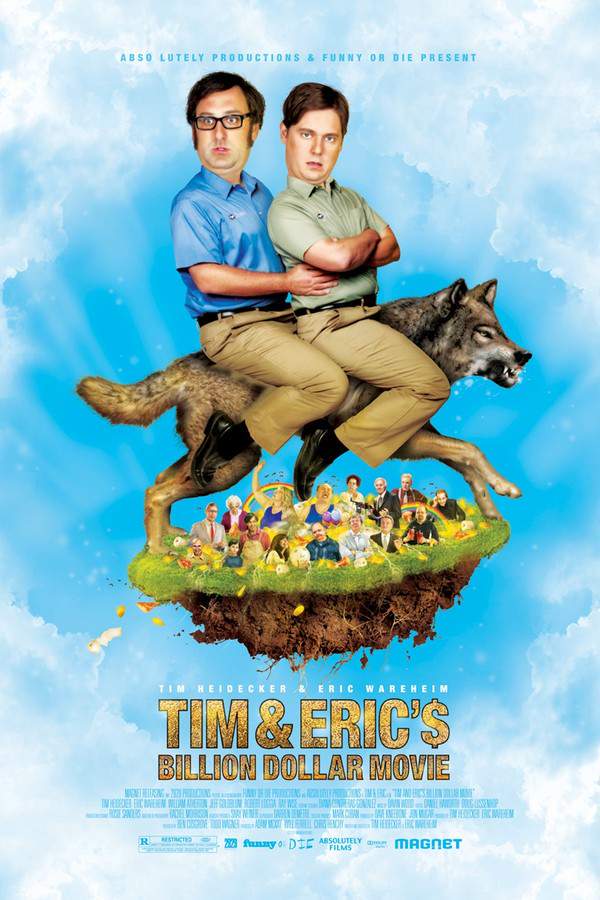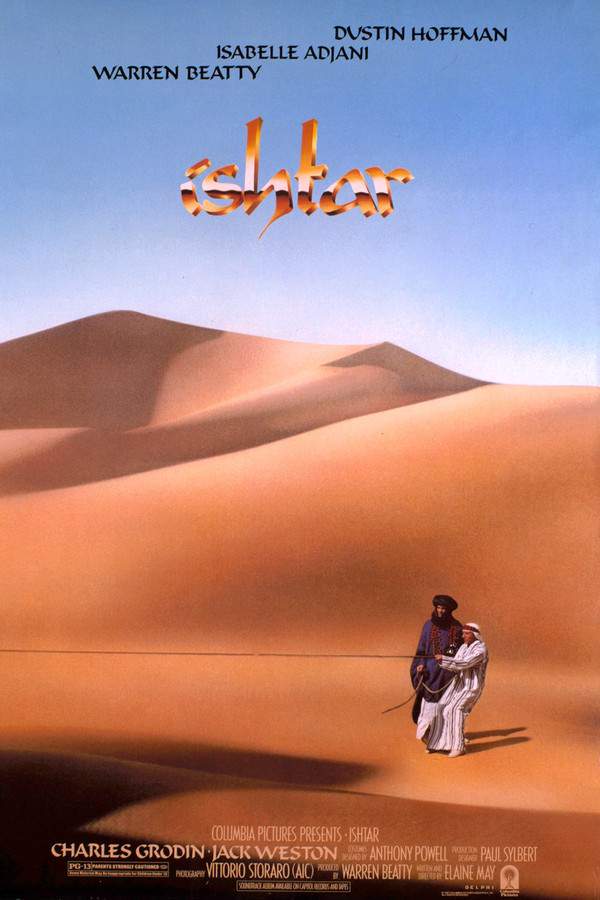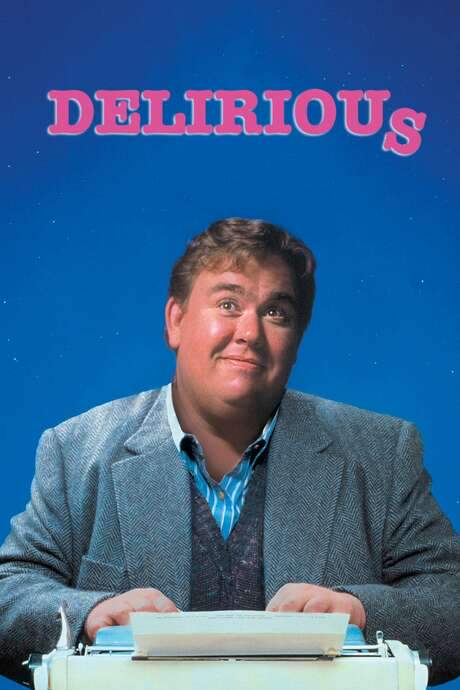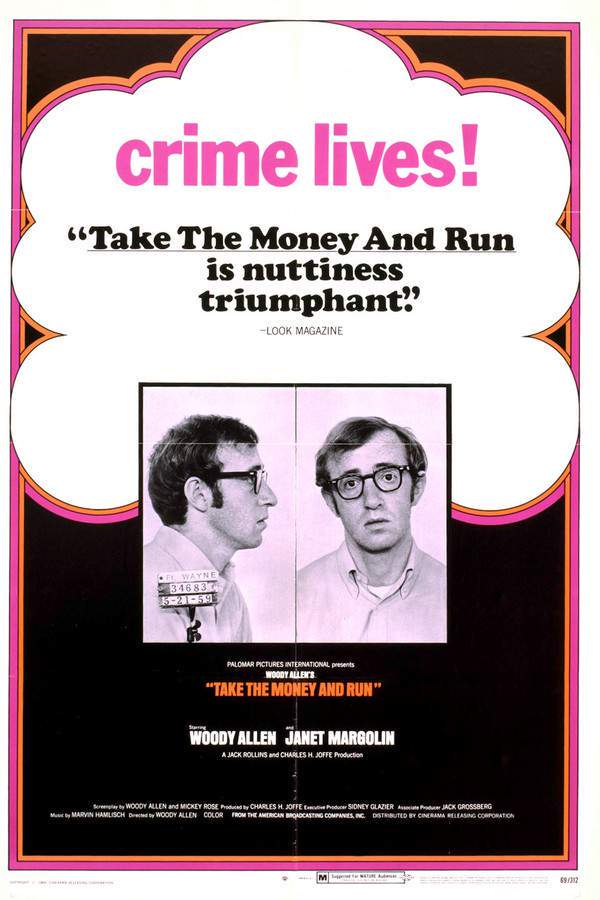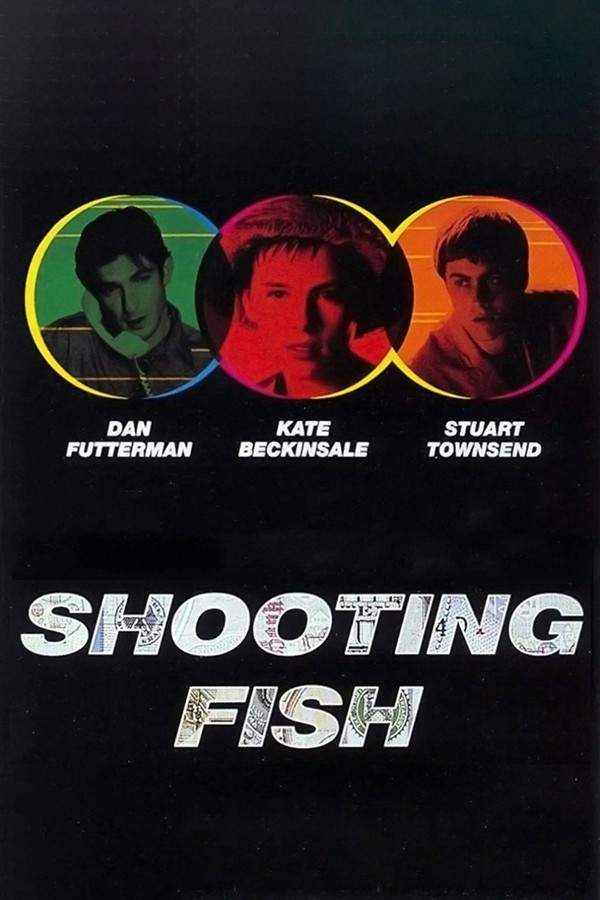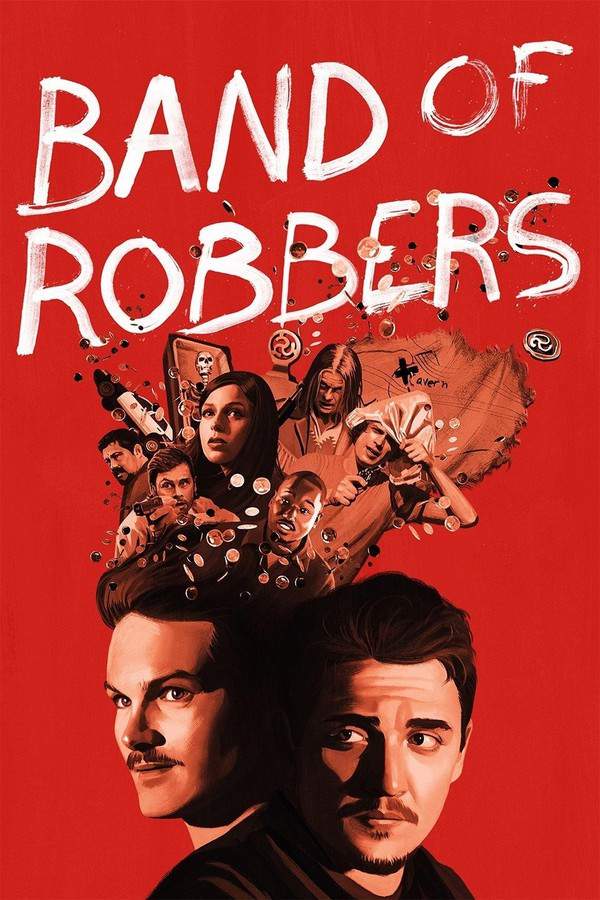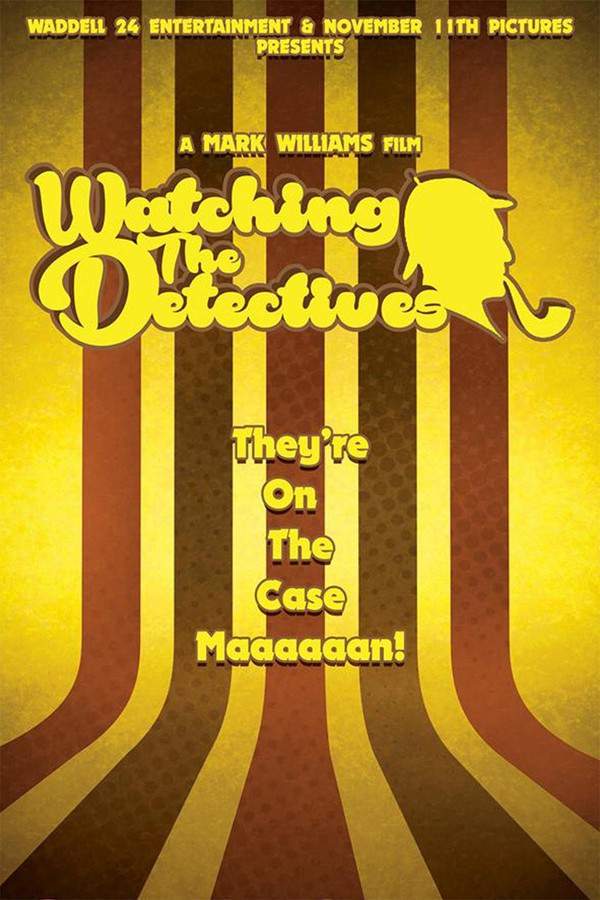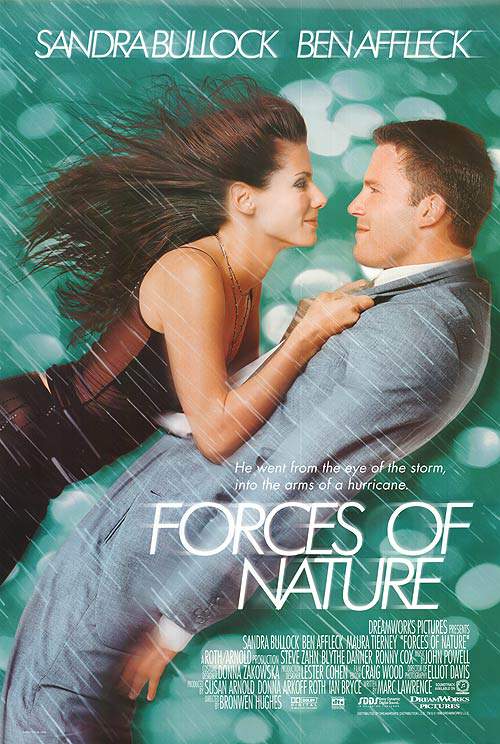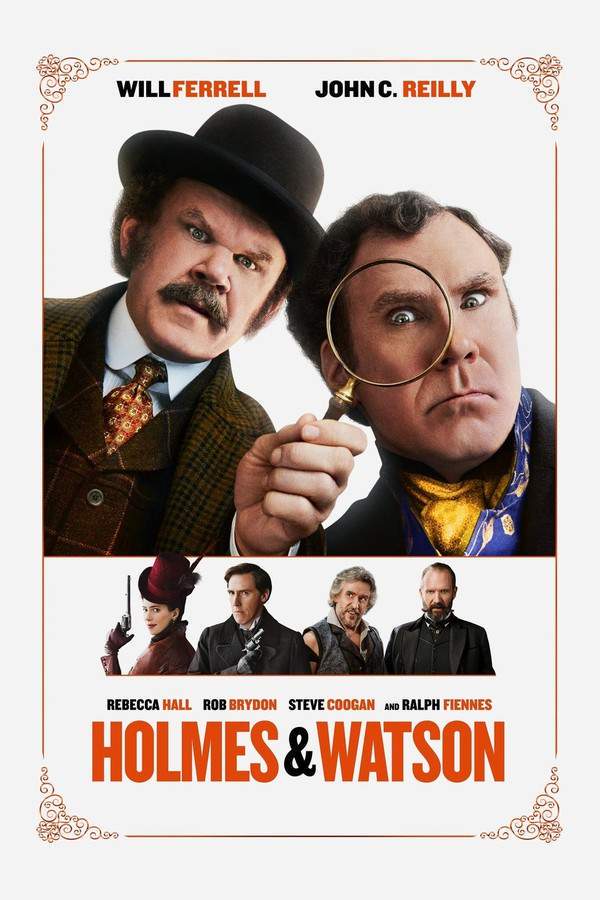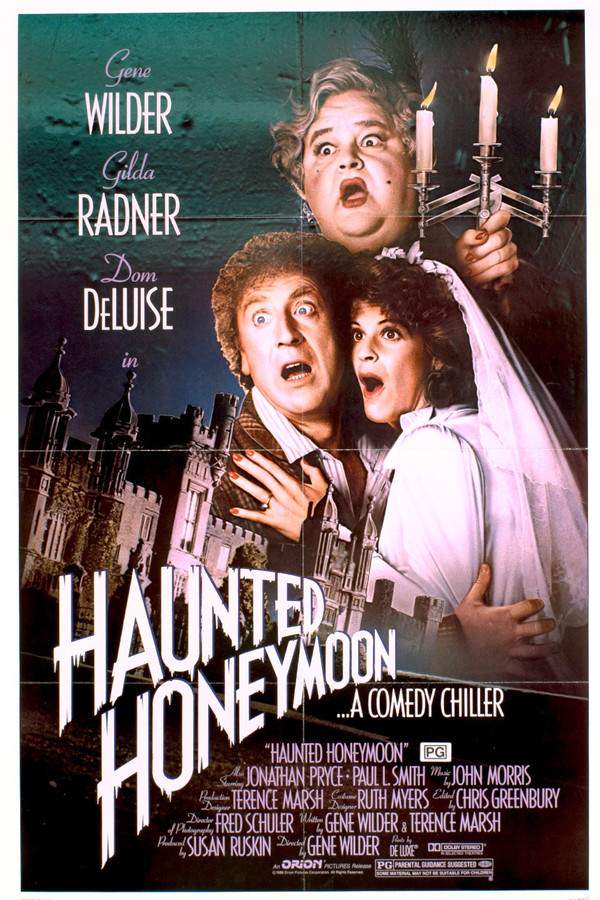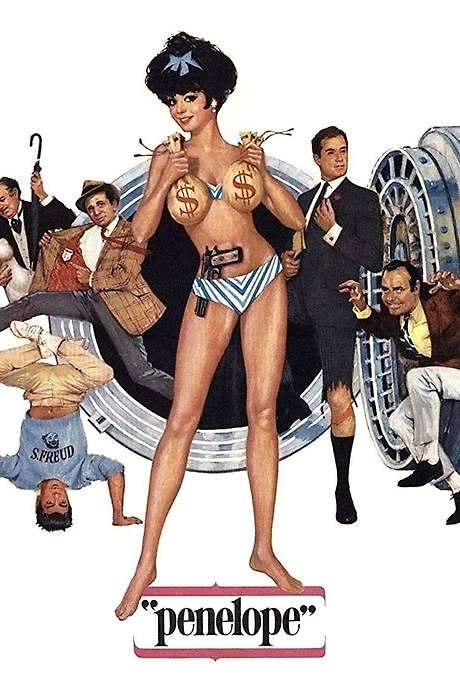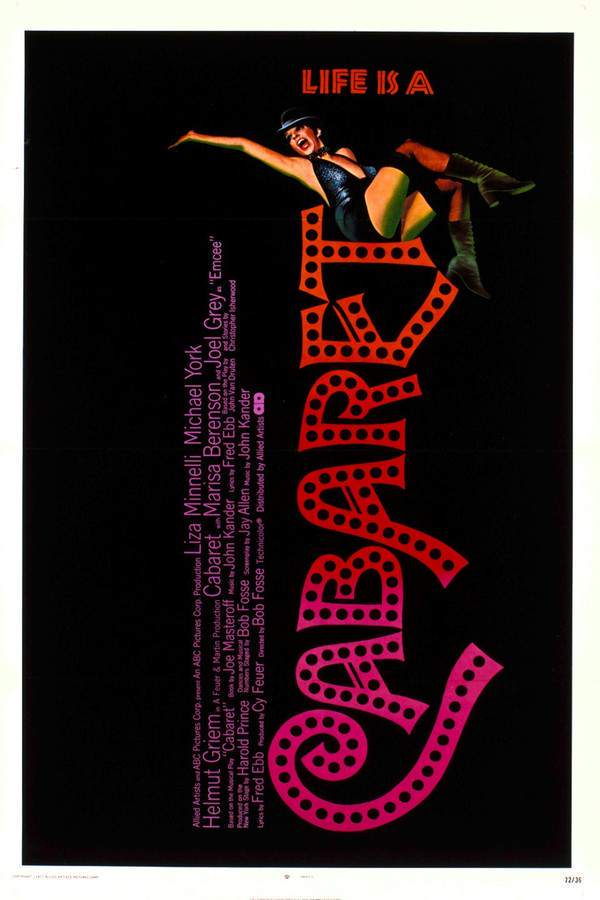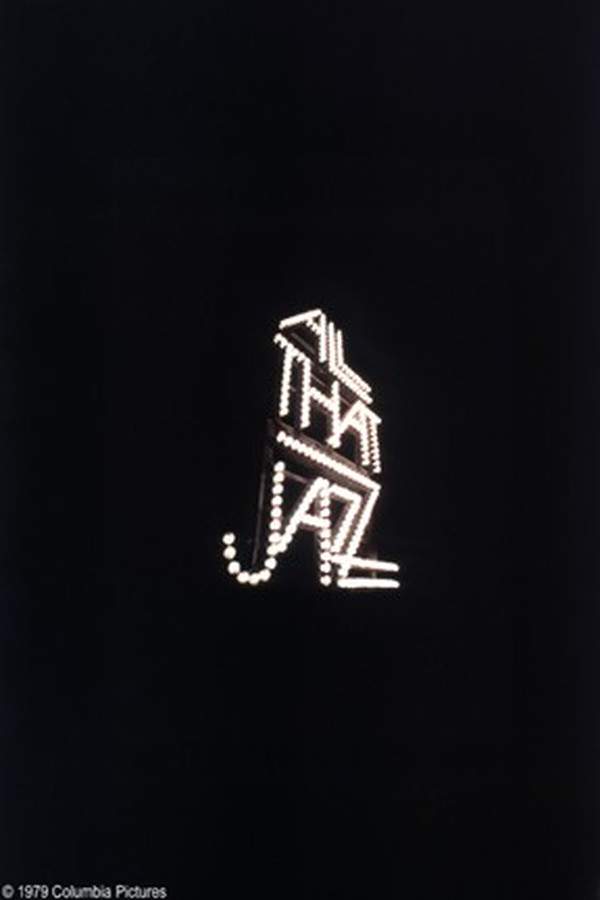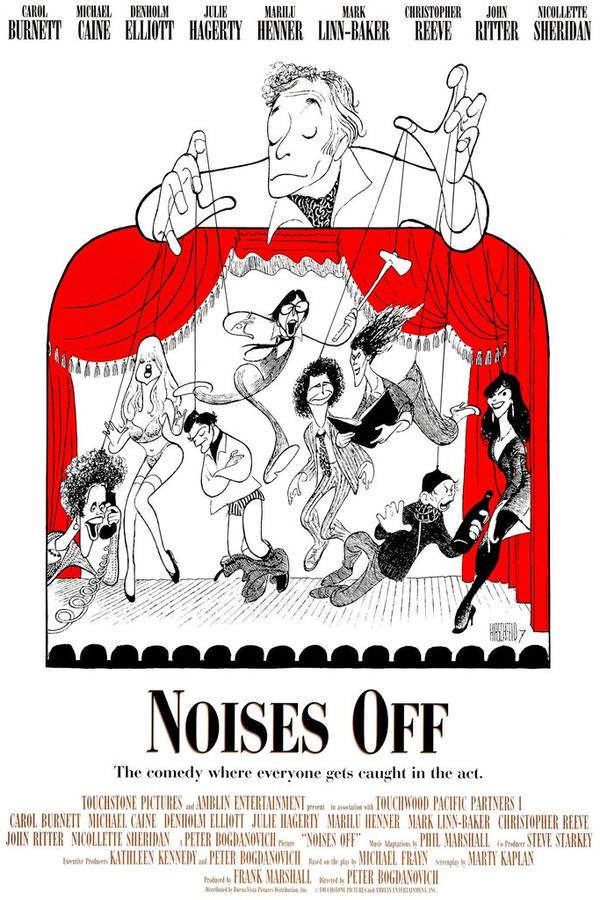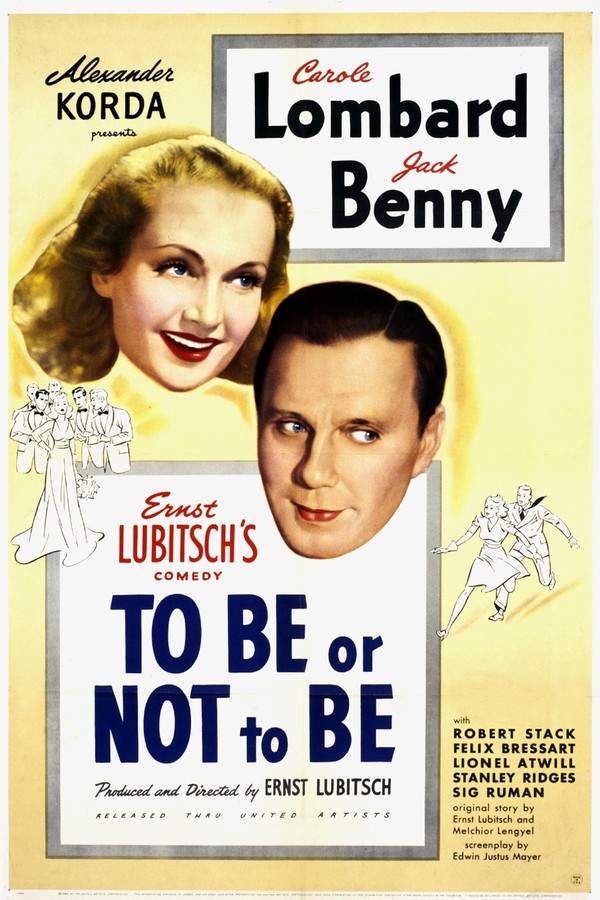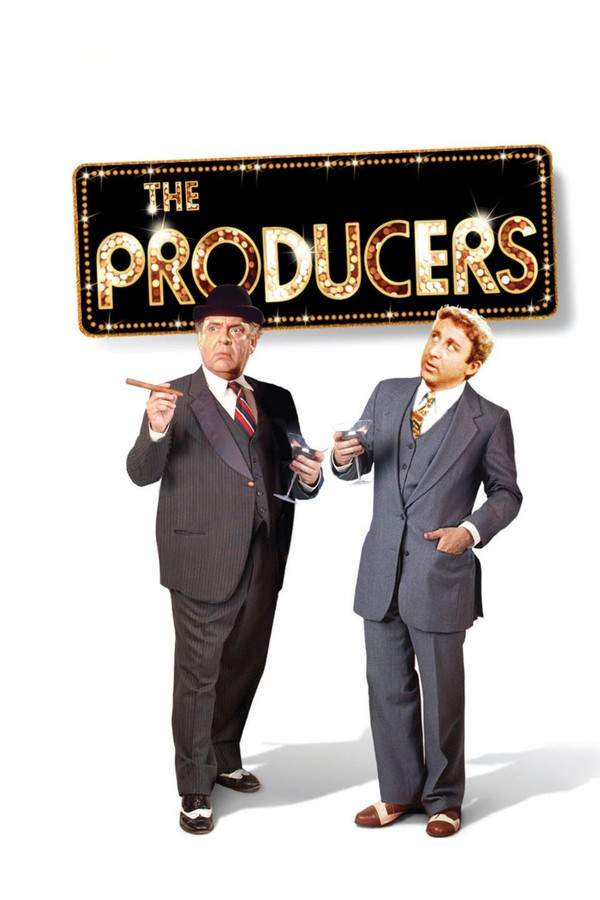
The Producers
Year: 1968
Runtime: 88 min
Language: English
A washed-up Broadway producer, Max Bialystock, attempts to revitalize his career by intentionally creating a terrible show. He enlists the help of a timid accountant, Leo Bloom, and together they devise a plan to stage "Springtime for Hitler," a deliberately awful musical comedy. Their outrageous scheme aims to oversell shares and then let the disastrous production fail, allowing them to profit from the losses of their investors. However, their plan quickly spirals out of control as the show unexpectedly gains popularity.
Warning: spoilers below!
Haven’t seen The Producers yet? This summary contains major spoilers. Bookmark the page, watch the movie, and come back for the full breakdown. If you're ready, scroll on and relive the story!
The Producers (1968) – Full Plot Summary & Ending Explained
Read the complete plot breakdown of The Producers (1968), including all key story events, major twists, and the ending explained in detail. Discover what really happened—and what it all means.
Max Bialystock, played by Zero Mostel, is a once-prominent Broadway producer now trapped in a cycle of failures. His current existence is a struggle for financial survival, spent courting wealthy but elderly women to fund his next theatrical endeavor, which may never see the light of day. In a desperate attempt to escape his mounting financial troubles, he hides in his office from persistent creditors and disgruntled investors, clinging to framed photographs of his female companions, altering which one he displays based on who is visiting him that day. Rent has long been overdue, further heightening the tension of his precarious situation.
In enters Leo Bloom, portrayed by Gene Wilder, a timid accountant with a penchant for anxiety. The moment he arrives at Bialystock’s office to audit the books, it becomes clear that he is not just any accountant; he carries a small security blanket in his pocket, which sends him into a frenzy if taken from him. As Bloom inspects the accounts, he uncovers a significant error – a two-thousand-dollar overcharge from Bialystock’s last production that raised $60,000 yet only spent $58,000. This revelation opens a door to a greater scheme as Max convinces Leo to hide the discrepancy. The plan suggests that if a play is guaranteed to flop, the IRS is unlikely to investigate its finances, thus making it possible for Bialystock to profit illegally from the production’s failure.
So begins their audacious venture: to create a guaranteed flop by once again overselling shares on a grand scale while producing a show that is destined to close on opening night. The duo quickly realizes that in order for their plan to succeed without any repercussions, they must select the perfect production. They stumble upon the most questionable option imaginable – Springtime for Hitler: A Gay Romp with Adolf and Eva at Berchtesgaden, a shockingly irreverent piece penned by the eccentric former Nazi, Kenneth Mars. The naive, yet earnest, Franz Liebkind is all too eager to sign over the rights, believing that they want to show the world a loving portrayal of Hitler.
To ensure the production is a disaster, they recruit flamboyant director Christopher Hewett, whose past works have all flopped. The role of Hitler is filled by the hapless flower child Lorenzo St. DuBois, or L.S.D., played by Dick Shawn, who barely grasps the nature of the role he has taken on. As Max sells an outrageous 25,000% of the show to his aging investors, they decorate the office and employ a new receptionist, Ulla, creating an illusion of success.
When the curtain rises on opening night, the audacious musical kicks off with the title song, “Springtime For Hitler”, which is a grotesque yet cheery celebration of Nazi Germany’s conquests. Max’s plan to ensure a scathing review by bribing The New York Times critic, however, backfires spectacularly. The audience, instead of reacting with horror, finds L.S.D.’s performance both hilarious and satirical, completely misinterpreting the intention behind the production.
As intermission unfolds, patrons rave about the standout absurdities, leaving Max and Leo in a state of disbelief as their expectations are turned upside down. Meanwhile, Franz’s anger boils over upon seeing his beloved work ridiculed, leading him to confront the audience indignantly. Yet, unable to handle the disruption, someone takes action to swiftly remove him from the stage—leading the audience to believe his outburst was simply part of the performance.
To the shock of Max and Leo, Springtime For Hitler becomes an unexpected sensation, resulting in the exact conundrum they attempted to evade—investors now expect returns that can’t be paid. As tensions rise between the partners, they are soon threatened by an irate Franz, who feels betrayed and accuses them of violating their agreement. In a moment of unity, they plot to end their production in spectacular fashion by blowing up the theater.
This act of desperation lands them in court, where Leo delivers an emotional plea about Max’s character, calling him both brilliant and selfish. Despite their heartfelt defense, the jury finds them criminally guilty, sealing their fates with a prison sentence. In the end, Max, Leo, and Franz find a peculiar way to adapt to their new lives, continuing to create plays even behind bars, with Leo carrying on their original scheme of over-selling shares to fellow inmates—including the warden. The final song, “Prisoners of Love,” closes the story as credits roll, leaving the audience with a bittersweet yet humorous resolution.
Last Updated: May 28, 2025 at 19:07
Explore Movie Threads
Discover curated groups of movies connected by mood, themes, and story style. Browse collections built around emotion, atmosphere, and narrative focus to easily find films that match what you feel like watching right now.
Farces of unintended success like in The Producers
Comedies where a harebrained scheme spirals into ironic, unwanted triumph.If you enjoyed the ironic twist in The Producers, you'll love these movies where disastrous plans become surprise hits. Discover similar comedies about chaotic schemes, financial shenanigans, and stories where frantic characters try to stop their own accidental triumphs.
Narrative Summary
Movies in this thread follow a sharp comedic arc: a convoluted, often dubious plan is set in motion with the expectation of failure, but an ironic twist of fate or public perception turns it into a roaring success. The climax involves the protagonists grappling with the consequences of a victory they never wanted.
Why These Movies?
These films share a core narrative irony and a fast-paced, anxious energy. They are united by a whimsical tone that finds humor in failure's inversion, focusing on characters who are victims of their own misguided ingenuity.
Mismatched partners in crime like in The Producers
Stories of chaotic duos whose contrasting personalities fuel a comedic caper.Love the dynamic between Max and Leo in The Producers? Explore more movies about odd couple partners embarking on comedic capers. Find similar stories of charismatic schemers paired with anxious accomplices, leading to zany and chaotic adventures.
Narrative Summary
The narrative is built around the chemistry and conflict of the central pair. One partner is often a bold, fast-talking visionary, while the other is cautious, morally conflicted, or terrified. Their journey involves navigating their differences while their initially simple scheme grows increasingly complex and out of control.
Why These Movies?
These movies are grouped by their core character dynamic, which generates a specific type of comedic tension and charm. The shared vibe is one of frenetic collaboration, where the partnership itself is the engine of both the plot and the humor.
Unlock the Full Story of The Producers
Don't stop at just watching — explore The Producers in full detail. From the complete plot summary and scene-by-scene timeline to character breakdowns, thematic analysis, and a deep dive into the ending — every page helps you truly understand what The Producers is all about. Plus, discover what's next after the movie.
The Producers Timeline
Track the full timeline of The Producers with every major event arranged chronologically. Perfect for decoding non-linear storytelling, flashbacks, or parallel narratives with a clear scene-by-scene breakdown.

Characters, Settings & Themes in The Producers
Discover the characters, locations, and core themes that shape The Producers. Get insights into symbolic elements, setting significance, and deeper narrative meaning — ideal for thematic analysis and movie breakdowns.

The Producers Spoiler-Free Summary
Get a quick, spoiler-free overview of The Producers that covers the main plot points and key details without revealing any major twists or spoilers. Perfect for those who want to know what to expect before diving in.

More About The Producers
Visit What's After the Movie to explore more about The Producers: box office results, cast and crew info, production details, post-credit scenes, and external links — all in one place for movie fans and researchers.

Similar Movies to The Producers
Discover movies like The Producers that share similar genres, themes, and storytelling elements. Whether you’re drawn to the atmosphere, character arcs, or plot structure, these curated recommendations will help you explore more films you’ll love.
Explore More About Movie The Producers
The Producers (1968) Scene-by-Scene Movie Timeline
The Producers (1968) Movie Characters, Themes & Settings
The Producers (1968) Spoiler-Free Summary & Key Flow
Movies Like The Producers – Similar Titles You’ll Enjoy
The Producers (2005) Complete Plot Breakdown
Cabaret (1972) Film Overview & Timeline
All That Jazz (1979) Film Overview & Timeline
Noises Off... (1992) Spoiler-Packed Plot Recap
To Be or Not to Be (1983) Full Movie Breakdown
Beer and Pretzels (1933) Complete Plot Breakdown
Made on Broadway (1933) Plot Summary & Ending Explained
The Stooge (1951) Complete Plot Breakdown
Curtain Call (1940) Ending Explained & Film Insights
The Harmonists (1997) Detailed Story Recap
The Talk of Hollywood (1929) Story Summary & Characters
A Night at the Opera (1935) Ending Explained & Film Insights
Twentieth Century (1934) Story Summary & Characters
New Faces of 1937 (1937) Spoiler-Packed Plot Recap
The Show (1922) Film Overview & Timeline

